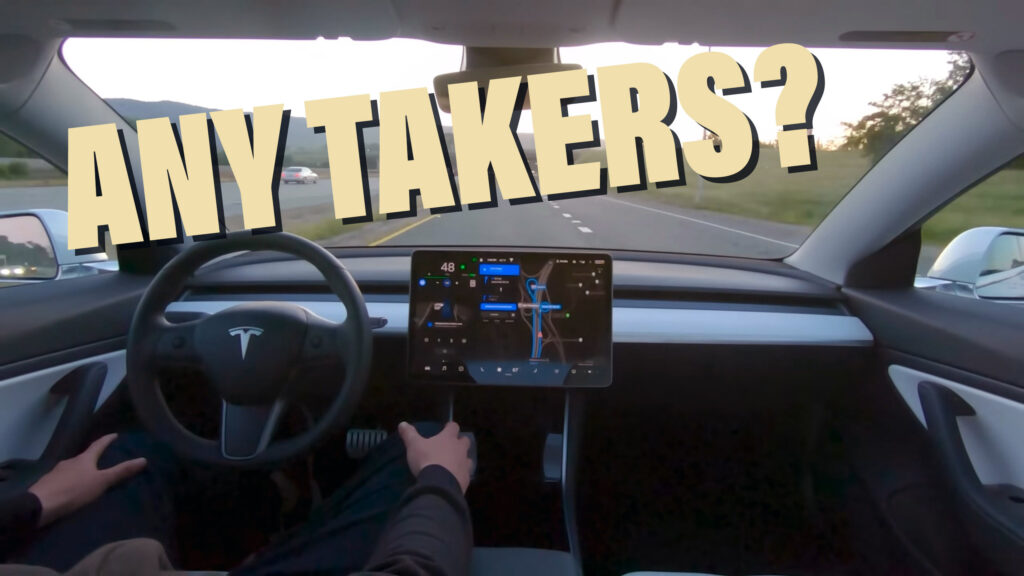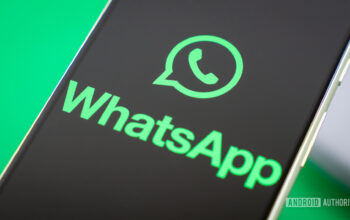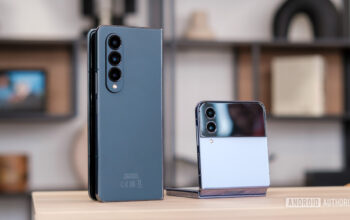Musk says that if he was in charge of another automaker, he’d be reaching out to Tesla to license FSD
April 4, 2024 at 19:50
 –>
–> 
–>
- Elon Musk reiterated Tesla’s willingness to license its Full Self-Driving (FSD) software to other automakers.
- Despite prior attempts, no automakers have taken Tesla up on this offer, likely due to skepticism about FSD’s benefits.
- While FSD offers some impressive features, it isn’t unique in the industry, and it’s not clear that it’s the leader in the space.
Tesla CEO Elon Musk took to X this week to once again highlight that the automaker would be willing to license its advanced driver assistance technologies, like Full Self-Driving (FSD) software, to other automakers. Last time he made such a proclamation, no one took him up on his offer.
Replying to a pair of posts from the @WholeMarsBlog X account positing that Tesla will benefit from a future in which “every car will be self-driving and electric,” and proposing that it license FSD, Musk responded that “Tesla would be happy to do such deals.”
Read: Elon Musk Allegedly Mandates FSD Installation And Demo At New Tesla Deliveries
The 52-year-old head of Tesla previously stated his willingness to share Tesla’s ADAS technology with other automakers in June 2023. Benzinga reports that by January, the company had clarified that it had not entered into any licensing agreements with other companies.
At the time, Musk mentioned that Tesla had engaged in preliminary discussions with external companies. However, he noted that these companies were skeptical about the tangible benefits of Full Self-Driving (FSD) technology. Musk expressed his perspective, stating that if he were the CEO of another company, he would certainly reach out to Tesla to inquire about licensing the technology.
And we will license the tech to other car companies
— Elon Musk (@elonmusk) April 3, 2024
While Musk may truly believe that, it’s not hard to understand why other CEOs might be less eager to do so. Software is set to become a big money generator for automakers, and the majority of them are already working on their own self-driving technology.
And they’ve been successful. At this point, it’s not clear that FSD is superior to what other automakers have on offer. On a technical level, Tesla describes it as a Level 2+ driver assistance system. BMW and Mercedes are both offering Level 3 ADAS that can allow customers to take their eyes off the road under certain circumstances. Meanwhile, others, like VW and Hyundai, are working on their own Level 4 autonomous technology for robotaxis that they plan to commercialize in the near future.
Read: Lexus, Not Tesla, Makes The Best Driver Assistance System, Study Finds
In terms of safety, Tesla’s self-driving systems do not lead the pack. In a test of 14 Advanced Driver Assistance Systems (ADAS), the IIHS rated both Tesla’s Full Self-Driving (FSD) and Autopilot as “poor.” While the IIHS also rated the nine systems from other automakers poorly, it found GM’s Super Cruise and Nissan’s ProPilot Assist to be “marginal,” and the Lexus Teammate system to be “acceptable.” However, none of these systems were considered “good” by the organization.
Even though Tesla’s systems work using only cameras, making it cheaper to implement than systems that use radar, LiDAR, or both, the automaker’s decision not to include those sensors has been widely criticized by autonomous driving experts.
However, the automaker and its CEO are enthusiastic about a recent update to Full Self-Driving (FSD). Musk claims that the latest version of the technology is “mind-blowing” and has insisted that all Tesla drivers should receive a complimentary sample of the system.
Tesla would be happy to do such deals
— Elon Musk (@elonmusk) April 4, 2024

